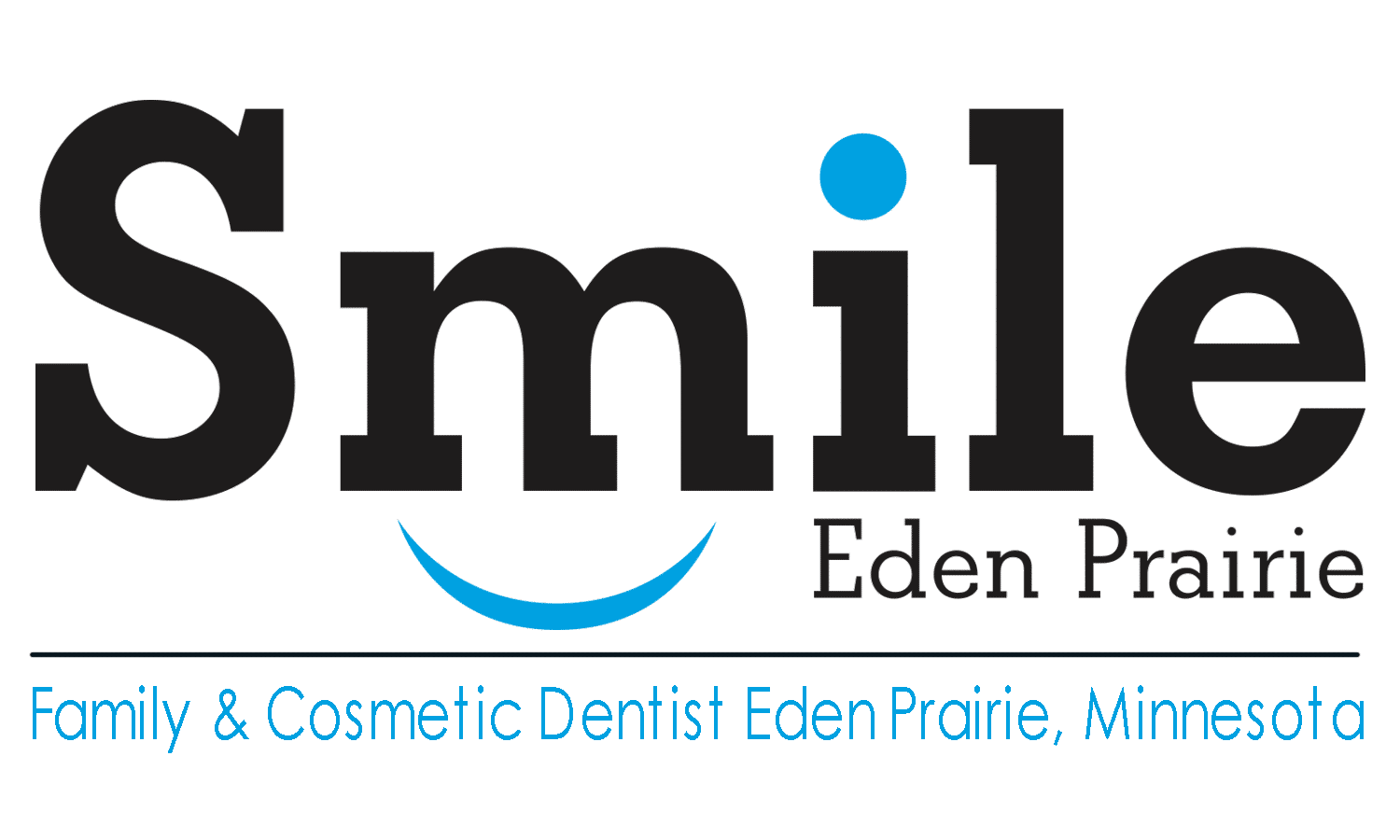Traveling for Dentistry
Before you book a trip overseas to visit a dentist in a foreign country, it is critical to understand the risks of obtaining dental care outside the United States. In many cases, the serious risks far outweigh any benefits. Less expensive dental care and cheaper procedures such as veneers may be tempting. Unfortunately, the real cost of dental tourism is often far more expensive than you may think. Below are some of the risks to know before considering dental treatment outside the US.
Limited Regulations
In the United States, dental care is heavily regulated by the American Dental Association (ADA), governing dentists, their offices and their reputations. Selecting an ADA-approved dentist can give you added confidence as this means you're choosing a provider that meets regulations for safety, cleanliness standards and has the proper certification. Additionally, the instruments and medications dentist use in the US are regulated by the U.S. Food and Drug Administration (FDA). This helps ensure you have a safe and healthy experience. Those same regulations and protections that exist here, do not extend to non-US dental tourism locations. The ADA and FDA aren’t able to protect patients abroad. This lack of regulation and standards means you aren’t guaranteed minimum hygiene, sterilization and general safety.
Germs and Bacteria
When traveling to other countries, you can be exposed to new pathogens and bacteria. The Centers for Disease Control and Prevention (CDC) warns Americans that engaging in medical tourism can increase your chances of being infected with an antibiotic-resistant bacteria. Even something as simple as the water used in dental procedures abroad can be a risk as it can contain disease-carrying organisms and make patients sick.
Recovery Complications
Most dental procedures are safe and minimally invasive. That said, a complicated recovery can hinder and cause major problems for even a small procedure. Traveling for dental care can increase your risk for recovery complications. This can be especially true if you decide to travel while you’re recovering. The CDC warns people that undergoing surgery abroad can lead to blood clots when you are traveling home or leave you with a serious infection. Additionally, due to the language barrier, it is possible misunderstand instructions or fail to follow recovery instructions. If you end up choosing dental tourism, be sure to give yourself adequate recovery time and even have flexible travel plans in the event of the unexpected or recovery complications.
Insurance
When visiting ADA-certified dentists in the United States, your dental insurance helps cover some or all of the costs of the visit. It is unlikely that your insurance benefits will extend to out-of-country dentists. An emergency may be the exception. Be sure to check with your insurance company to determine what they may cover for local treatment.
Medical and Dental History
Another area to consider is that your dentist keeps information regarding of your medical and dental history. This helps them make informed decisions regarding your dental care. Understanding your dental history helps the dentist make decisions but more importantly, keeps you safe. During dental tourism, that historical information and background is often lost. This can result in a less effective or even dangerous situation.
Dental tourism can seems like a great idea on the surface. Be sure to consider that the lower costs can compromise your safety, health and even cost more money in the end.
